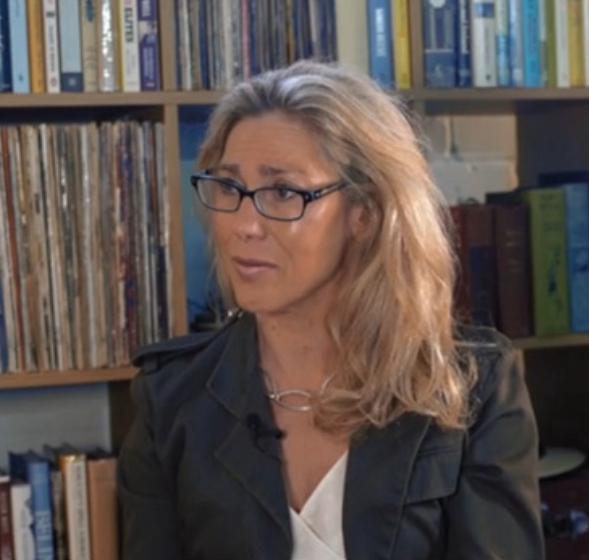Part 2: School closures and online education
The Impact of Peru’s Harsh Military Lockdown
In this episode, we discuss the profound impact of school closures and online education during the harsh COVID-19 lockdown in Peru. We talk to Professor Norma Correa Aste, a specialist in social policy and child development, based in Lima.
As the mother of two girls, Norma became a high profile campaigner for school and university reopening and better pandemic responses for children, young people and vulnerable families in Peru and Latin America. In Peru, the education system was shut down for nearly two years, during the pandemic from March 2020 to December 2021. Professor Correa highlights the huge challenges faced by children and families, shedding light on the often-overlooked consequences of these decisions. While shopping centres, stadiums, and other public spaces reopened, schools remained closed, with children left to navigate online lessons in isolation. For many, the shift to remote education exacerbated existing inequalities, as many had no access to the internet, computers, or a stable home environment conducive to learning. Prof Correa says children’s welfare was not considered in decision-making during the pandemic. In Peru, she says, even pets were allowed outside before children, and public parks were sealed off, making it nearly impossible for children to get fresh air or exercise. Official communications even reinforced the idea that children were major vectors of the virus, further stigmatising them as a threat to public health. The emphasis on safety, while important, often came at the cost of children’s mental health, social development, and access to education.
For children in rural areas or low-income families, the lack of connectivity and technological resources meant remote education was not viable. In many cases, children were forced to leave school to help their families survive, as poverty rates increased and economic hardship worsened. Remote learning, instead of bridging the gap, deepened social inequality, especially for children in public schools who lacked the resources enjoyed by those in private education. As the situation grew more dire, a group of concerned parents, including Prof Correa formed a grassroots initiative “Volvamos a Clases” (Go Back to Class) calling for children to return to school. Despite intense opposition and misinformation, their efforts eventually led to the reopening of schools in 2022. This podcast episode highlights the stark contrast between the experiences of children from different socio-economic backgrounds during the pandemic and emphasises the importance of considering the broader social, psychological, and educational costs when making policy decisions. It also serves as a powerful reminder of the need for inclusive policy making that prioritises the well-being of children and addresses the systemic inequalities that were exposed by the pandemic.

About Norma Correa Aste

Professor and Researcher, Pontificia Universidad Católica del Perú.
Norma is a Peruvian anthropologist specialising in social policy and development. As the mother of two girls, Norma became a high profile advocate for school and university reopening and better pandemic responses for children, youth and vulnerable families in Peru and Latin America.
X (formerly twitter) @nb_correa
About Lucy Johnston

Lucy is Health and Social Affairs editor of the The Sunday Express and also works as a freelance journalist for a range of national print and broadcast press. Previous roles include Assistant Editor at the Big Issue and investigative journalist at the Observer. Lucy had a pivotal role setting up The Big Issue magazine in the UK.
X (formerly twitter) @thelucyjohnston
Why not subscribe to our YouTube channel to be the first to hear about the latest episode release.